I was just wondering how other folks are doing with their horses this winter? I have been hearing the usual stories about colic, usually impaction colic, now that the weather is changing so often. We are having a streak of warmer weather than usual, mid-30Fs. However it was 18F the other day with 50F+ yesterday. Horses get picky about drinking when it is cold out.
We haven't used the water heaters in the tank very much since Dec cold, just a couple hours here and there this month. Great SAVINGS on the electric bill though!
My horses seem to be on an every other day schedule, drink a lot one day, less the next, lots again on the third day, out of the water tanks. They are fairly consistant on tank amounts.
I had a colic incident a number of years ago, mare had to go to the vet college with dehydration colic. They managed to give her enough IV fluids to rehydrate her, didn't need surgery. Still cost a bundle, was a nasty surprise expense. Probably what has made me so over anxious about winter drinking.
This year I just went ahead and started salting all the horses when it got cold. They all have mineral salt blocks free choice in the stalls. So I have just added white iodized salt to their once daily grain/wet beet pulp meal. I find horses don't always eat enough salt when given free choice.
I do find the salt addition to have increased their water consumption. I think the salt also allows them to retain some water they wouldn't otherwise. Like people get swollen ankles with salty diets. Water is there for horse to use in body.
I visited our trainer, to see how our young horse was doing. She is tuning him up for sale, can get him ridden in the indoor ring daily, whatever the weather is doing outside. I can't get him ridden him daily. Doing a nice job, he looks wonderful. Went well when I rode him, basics are pretty solid, just green still.
Most of the horses there have very dry poops. Almost like sawdust, falls apart when it hits the ground. Not much extra moisture in their bodies.
Made me feel a lot better about my horses water intake. They have poops that look like they are on good early grass, very wet, dark green. We both feed about the same kind of hay, though she is not a wet beet pulp feeder. They do wet the grain at her barn. Interesting what more water will do to change horse digestion.
So this was kind of a check your horse message. Keep a close eye on quantity of water consumed, daily checks. That mare is our Princess, exhibits odd behaviour when she is feeling any kind of off normal. Very sensitive to pain, which probably saved her from a worse colic. We saw her out alone, was very odd behaviour, went and did something very early on when it could still save her. The stoic horse doesn't tell you soon enough.
Any questions on the water drinking, irregular amounts, I would add salt to daily diet. Mine are getting 3 Tablespoons each, once a day, for 1200-1500 pound horses. Colt at 500 pounds gets 1 Tablespoon daily. Better safe than sorry for me. If horse would not eat it, I pull their tongue out and pour it on.
We do feed the wetted beet pulp made with hot water, adds more moisture to body. Horses seem to like warm feed. I do not feed warm Bran mashes. However the water, fed warm or cold in tanks, doesn't seem to make much difference in consumption. The Princess has a heated bucket, usually prefers the cold bucket. Others drink their cold stall buckets fine. The added salt in diet is what has done a better job for me.
Colic is a nasty thing to happen, surgery is very expensive, with aftercare taking months to heal. That is if the surgery is successful, not promised. Prevent colic if possible, adding salt is pretty easy and cheap. I use so much salt now, I buy the pickling salt in the big boxes.
If anyone has any other tricks, methods for getting horse to drink, I would love to hear them.
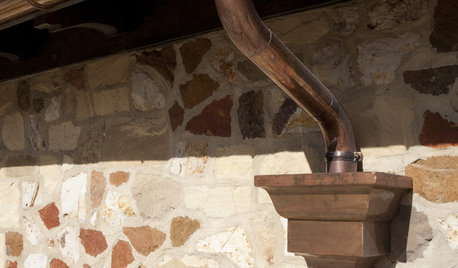
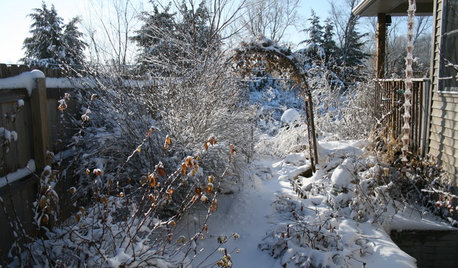
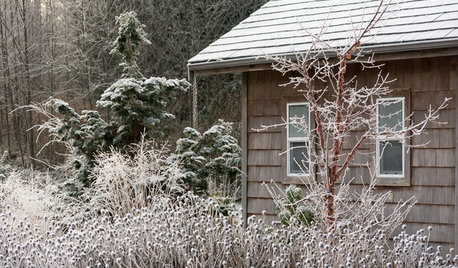

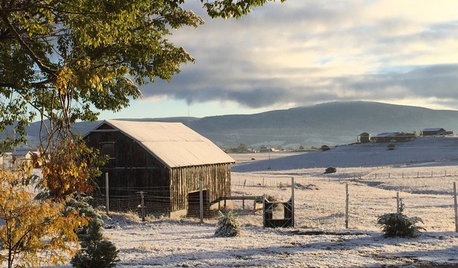
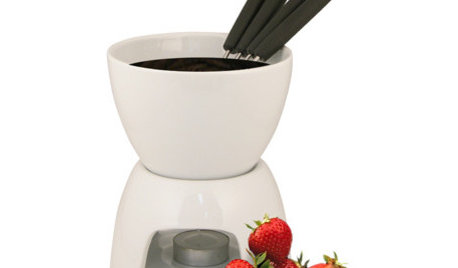



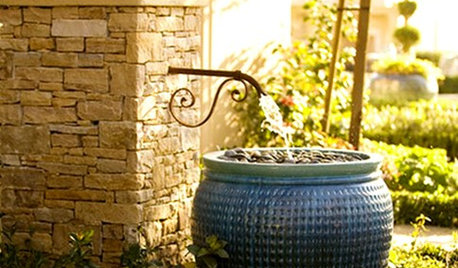






fancifowl
Miss_Kitty
Related Professionals
Allen Landscape Architects & Landscape Designers · West Milford Landscape Architects & Landscape Designers · Camas Landscape Architects & Landscape Designers · Bloomington Landscape Contractors · Fort Wayne Landscape Contractors · Lady Lake Landscape Contractors · Live Oak Landscape Contractors · Middletown Landscape Contractors · Queen Creek Fence Contractors · Rome Fence Contractors · Surfside Fence Contractors · Columbia Decks, Patios & Outdoor Enclosures · Glasgow Decks, Patios & Outdoor Enclosures · Lenexa Decks, Patios & Outdoor Enclosures · Rocklin Decks, Patios & Outdoor Enclosurespamghatten
marquisella
goodhorsOriginal Author
keena
acorn
balsam
mstnarabs654
Siamese
mstnarabs654
broodyjen
cymraes
bulldinkie
lilamy
marquisella
lilamy
goodhorsOriginal Author
mstnarabs654
goodhorsOriginal Author
jrhaeberle
mpsolar
brendan_of_bonsai
goodhorsOriginal Author
londi_2008
brendan_of_bonsai